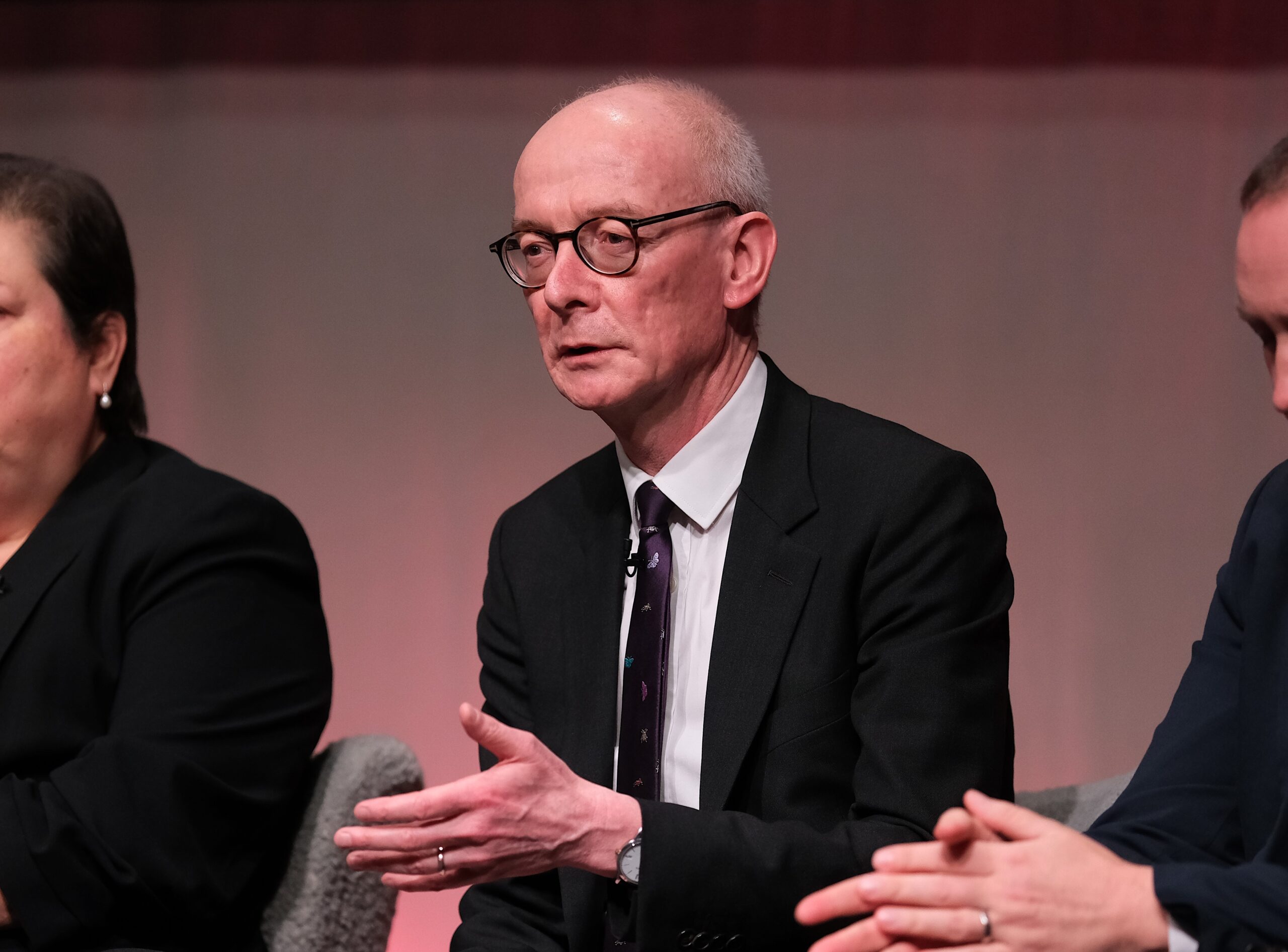Surveys flag concern over pay and workloads
Just over 1,400 members took part in this year’s survey, which sheds light on the realities of working life in the civil service.
The study reveals that 68% of members have carried on working through sick or annual leave in the past twelve months, while just over half were unable to take their full entitlement last year.
Workload was the most common reason for not taking annual leave – given by 57% of members. A third (33.3%) of members said they felt unable to take leave because of their team’s workload, while 32.9% said they had carried forward a leave deficit from a previous year.
The study also found that more than 90% of staff across all departments regularly work longer than their contracted hours each week, with more than a quarter (28.7%) saying they regularly work more than an entire day’s worth of additional hours every week.
Just over two-thirds of those surveyed said working excessive hours was a problem in their department or agency, but only one in six said their employer had taken steps to tackle the problem.
“If I didn’t work additional hours I could not get everything done,” said one member. “But even then I find myself doing things at the last minute, as there is never time to plan.”
Another member told the FDA: “I sometimes feel that it isn’t worth taking time off because the amount you have to catch up on puts additional pressure on an already busy job.”
The findings came as the separate FDA pay survey revealed widespread dissatisfaction with the civil service pay system.
Almost 2,000 members took part in the latest study – the highest ever number of participants for an FDA pay survey – which found that 82% are either dissatisfied or very dissatisfied with the overall pay arrangements in the civil service.
Just one in every eight members (12.6%) said they could see a clear link between their performance and their pay, while more than two-thirds (67.6%) said there were recruitment or retention difficulties in their organisation.
The overwhelming majority of respondents (85.7%) said that they did not believe their organisation was sufficiently resourced to meet the challenges of the year ahead, and 60.6% said their morale had fallen in the past 12 months – with pay the most commonly cited reason for this.
“My net pay is lower now than it was when I started in the organisation in 2010,” one member told the FDA, while another said: “It’s a time bomb. People are getting more and more fed up.”
Following the two surveys, the FDA launched its new Britain Needs a Strong Civil Service campaign – calling on the new Govern ment to give the civil service a fresh spending settlement to ensure it has the resources needed for the major challenges of Brexit and beyond.
By mid-June, the survey findings had been reported in the Guardian, Civil Service World, Politico Europe and Public Finance. The findings for each department are also being used by FDA negotiators in meetings with employers, with the union focusing efforts on securing compensation for all hours worked, and pressing employers to properly record overtime and provide the resources needed to reduce excessive working hours.
Meanwhile, the FDA’s Annual Delegate Conference backed a series of motions on pay and working hours in May, calling on the Government to ensure that all departmental plans reflect the resources available.
Related News
-

Government’s plans for civil service reform “lack substance”, says FDA
The FDA has criticised the government’s rhetoric surrounding the announcement of a series of civil service reforms – on performance-based pay, fast track exits for underperformers, and performance management – by Chancellor of the Duchy of Lancaster Pat McFadden.
-

9% pay rise for NI civil servants ‘genuine attempt to tackle pay erosion’, says FDA
The FDA is recommending to members to accept the Northern Ireland civil service pay offer for 2024/25, which represents a 9% increase over a 20-month period.
-

FDA calls for widespread reform across the civil service in New Year message to government
The FDA has shared its annual New Year message to the government, in which FDA Assistant General Secretary Lauren Crowley outlines the need for significant reform across the civil service.